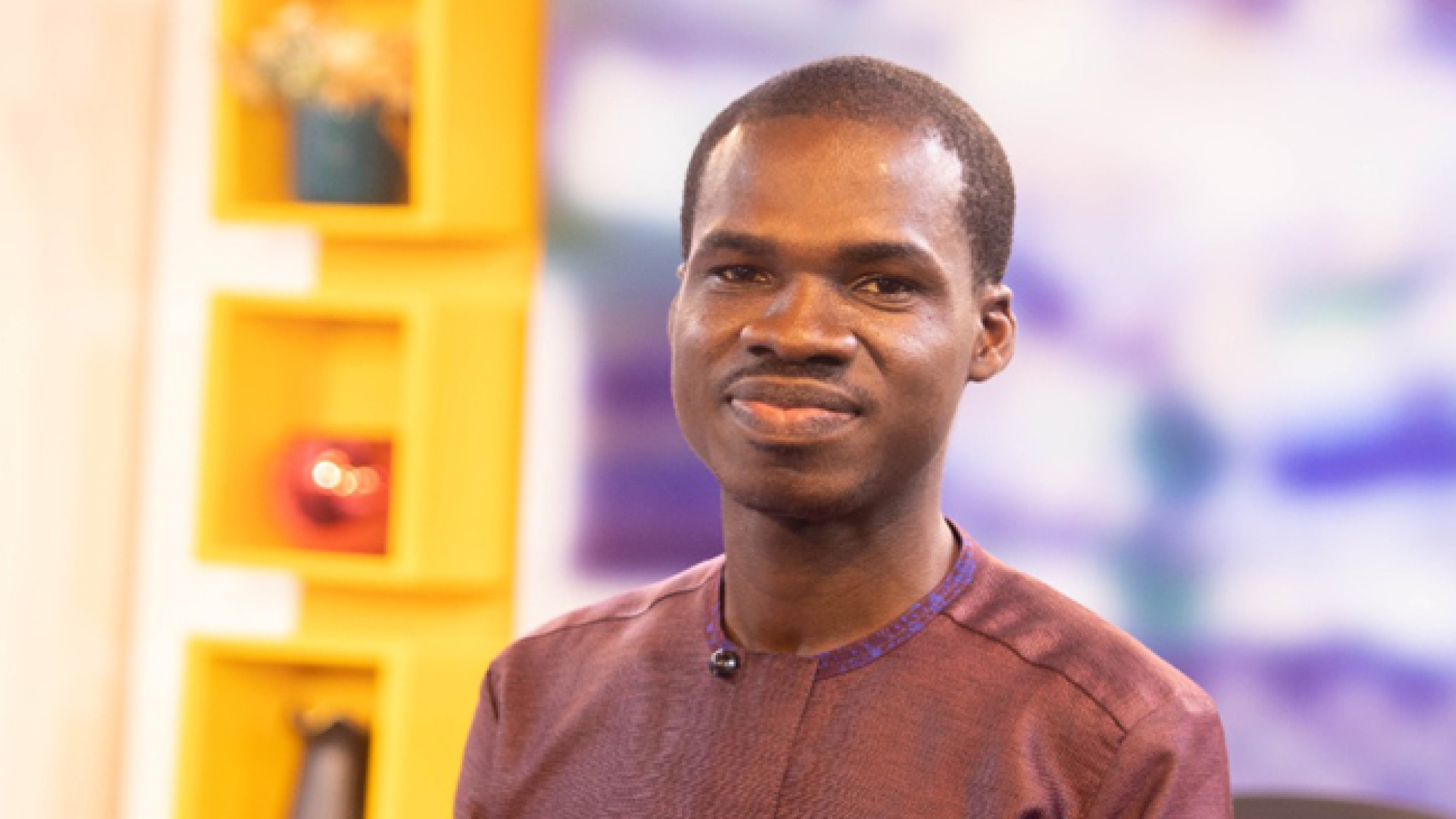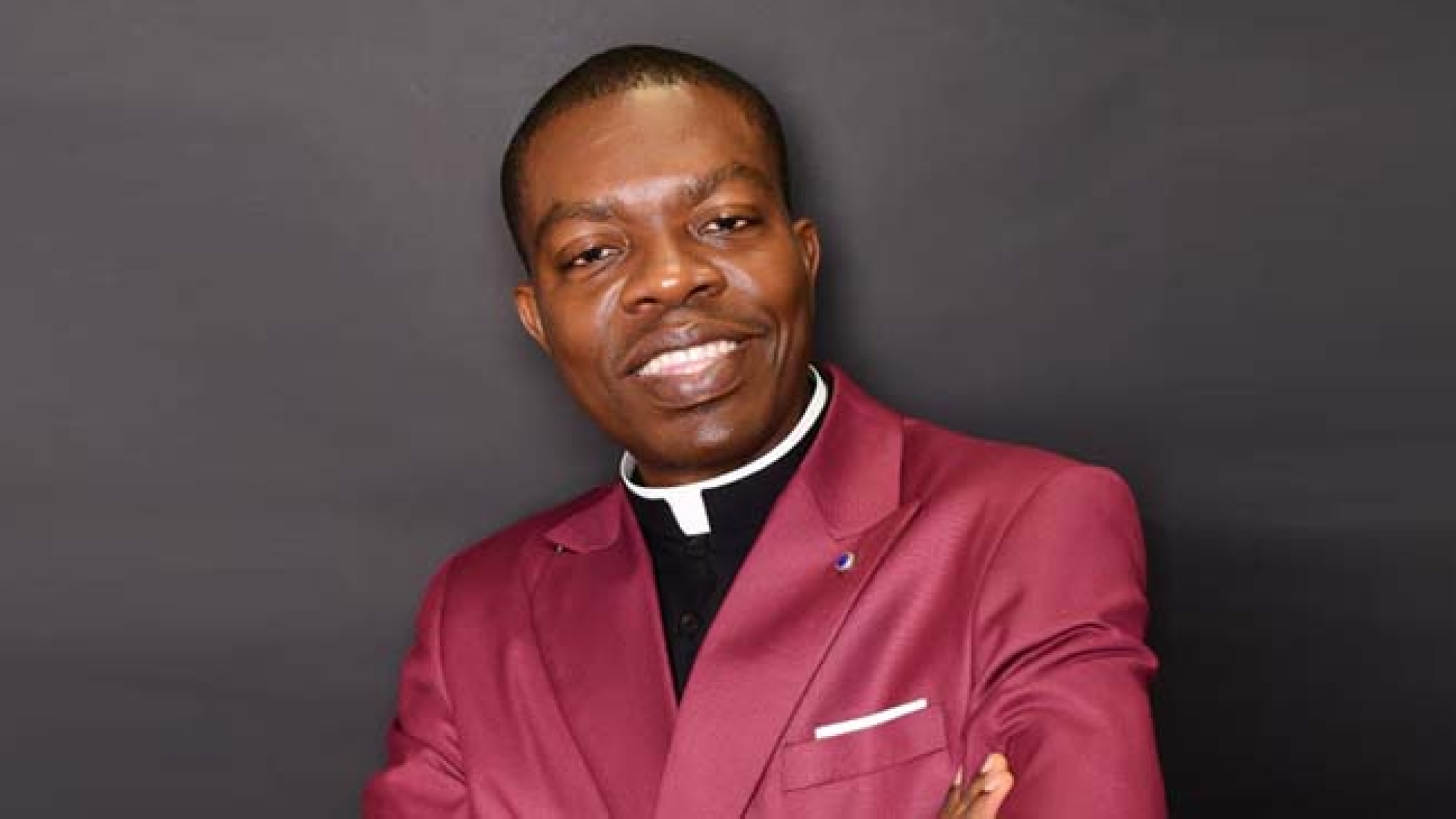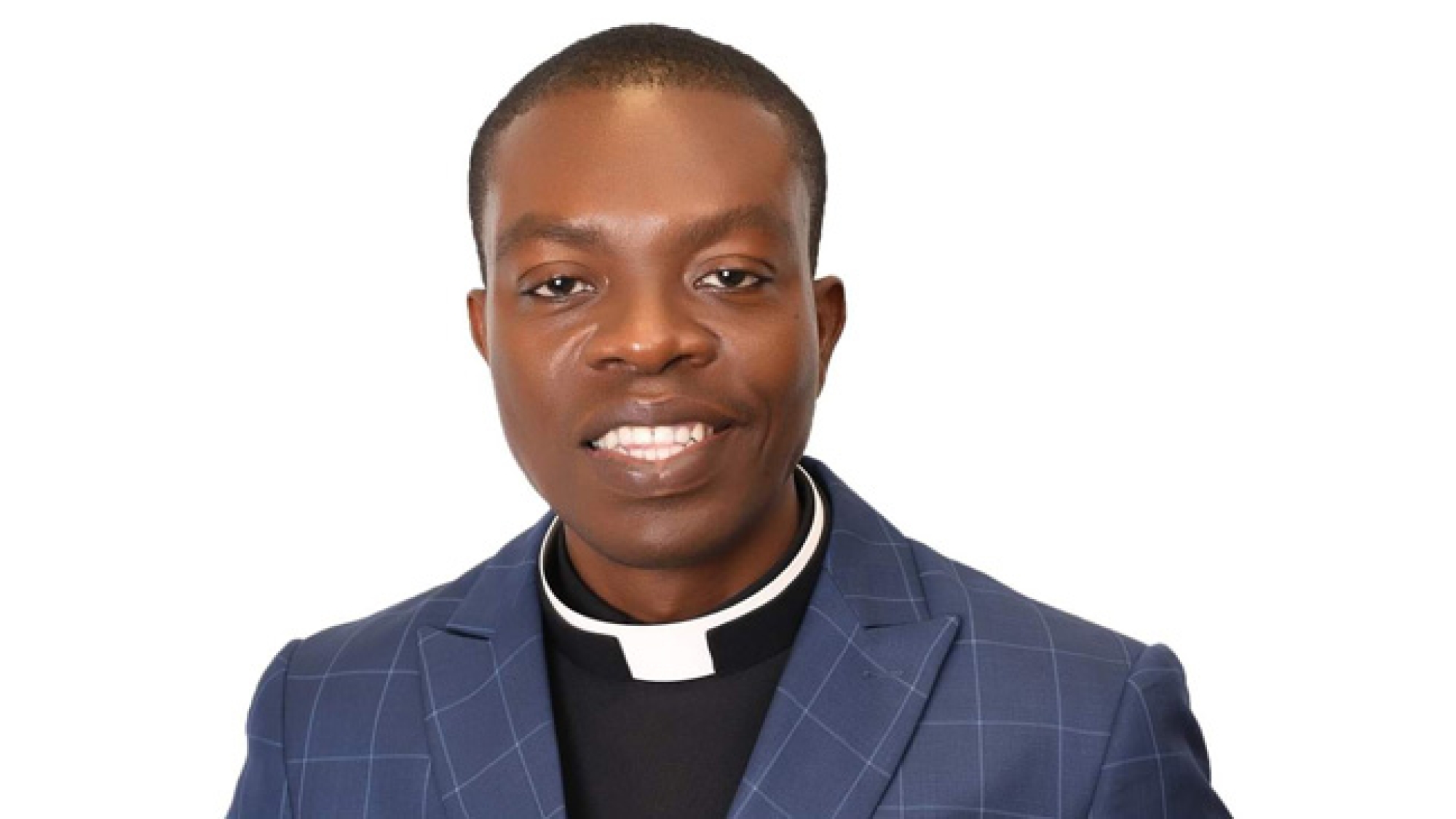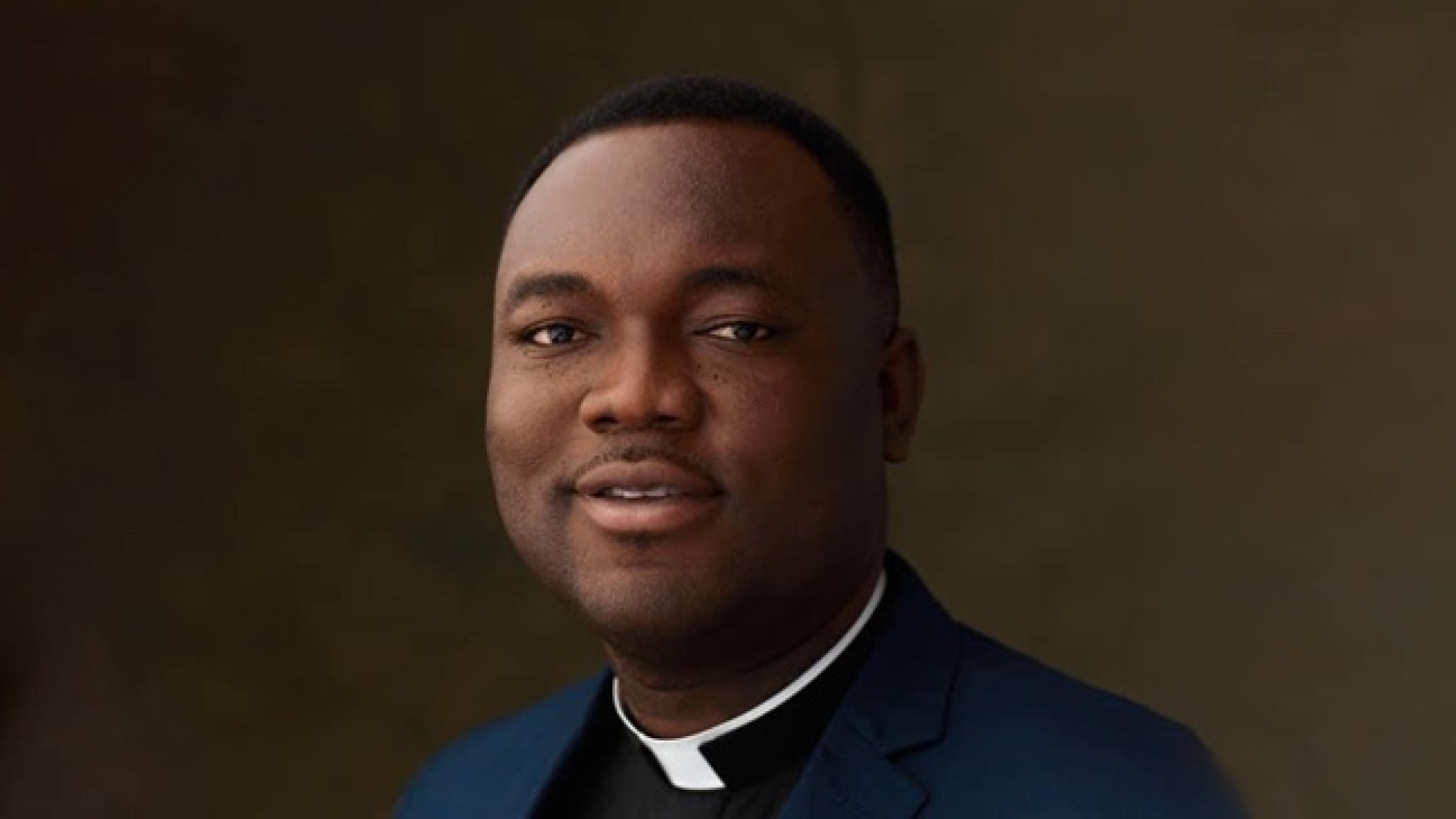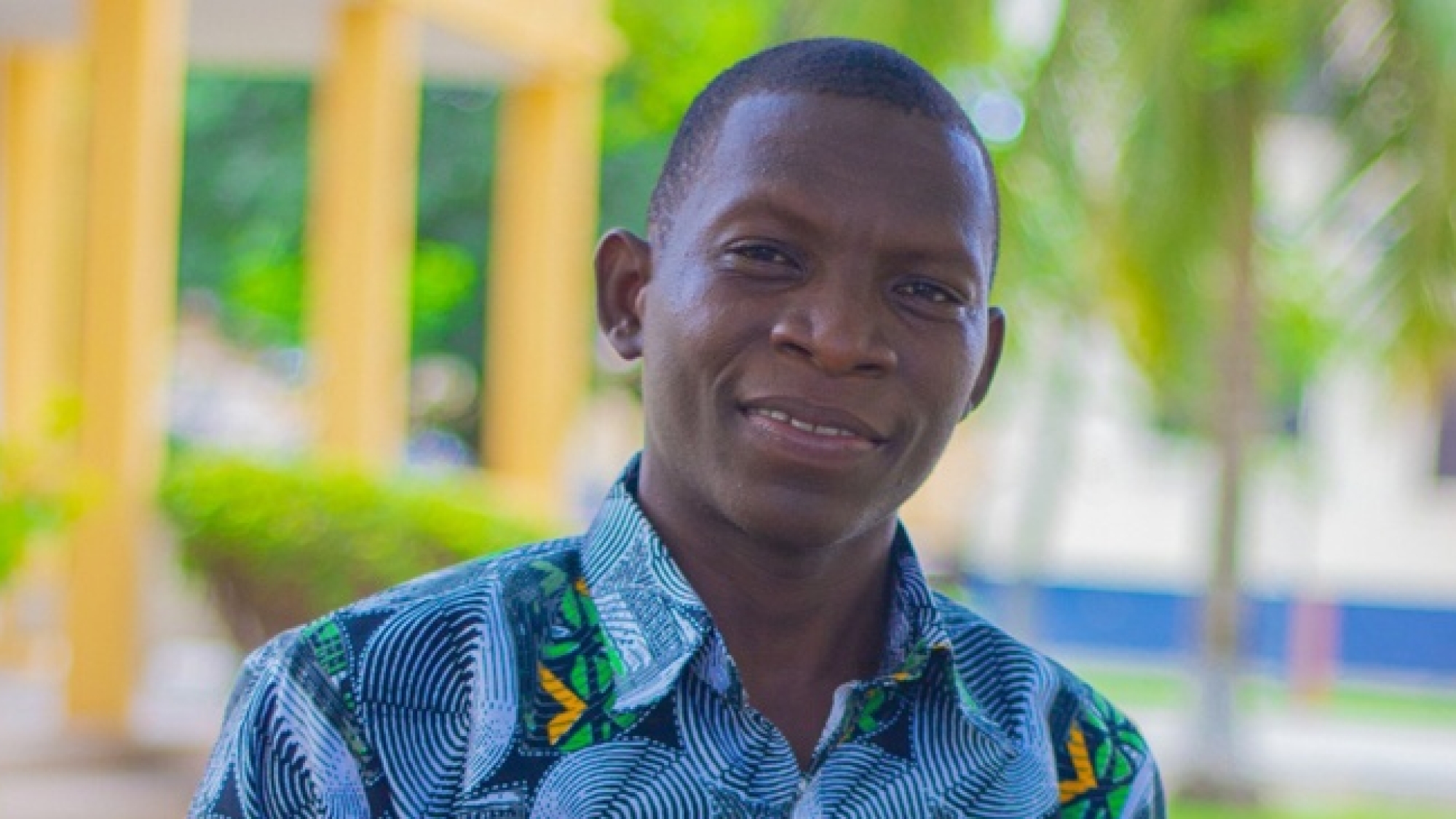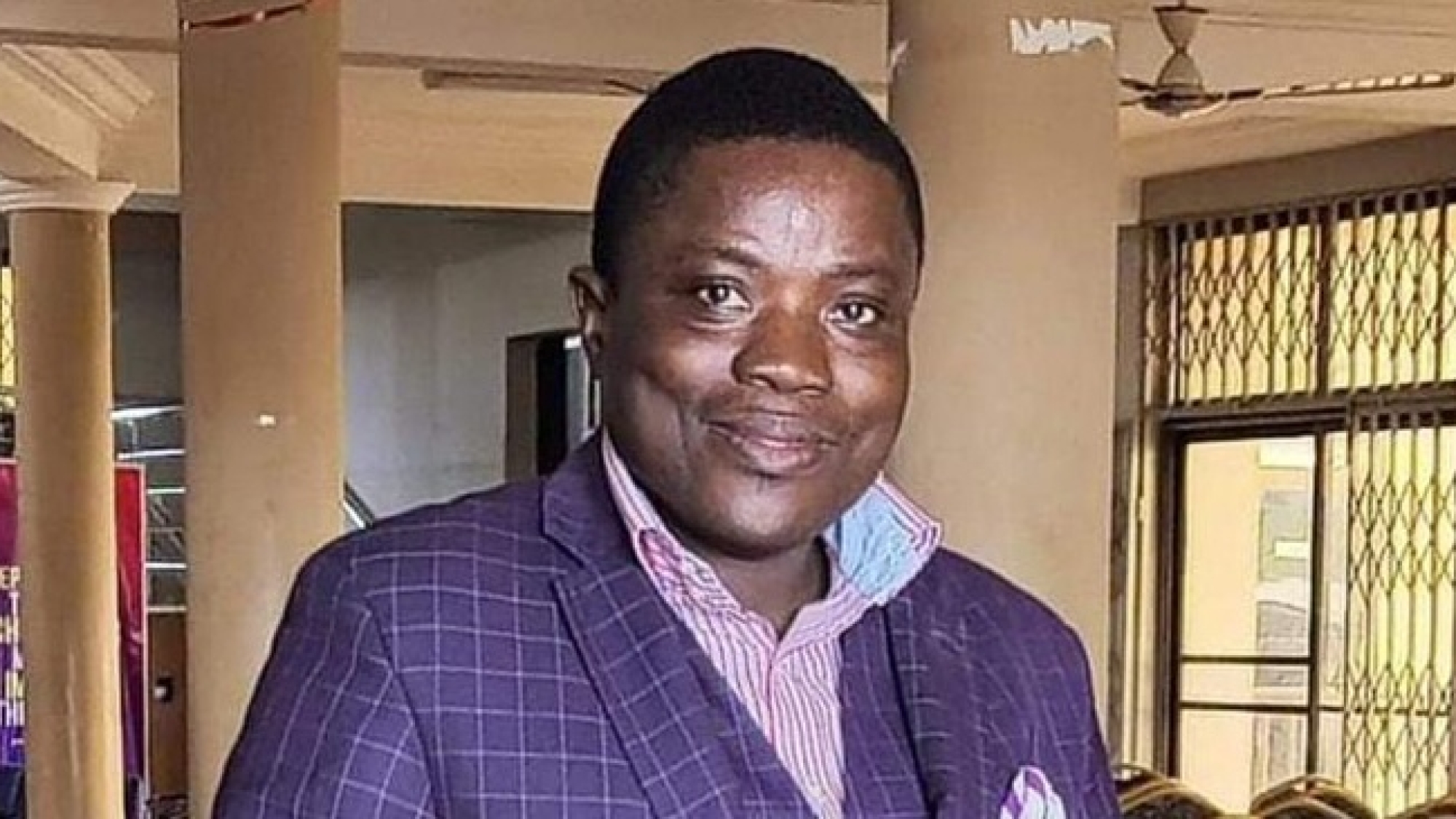INTRODUCTION
The evolution of photography from the monochromatic era of the pin-hole cameras in the 5th Century to the more sophisticated James Webb telescope equipped with cameras capable of capturing coloured images that are 13.6 billion light years away from Earth is mind-boggling. Undoubtedly, photography has not only evolved in technology but has increased its relevance in our lives. The ever-evolving world of social media continues to amplify the inevitable role of photography in capturing moments, freezing time, and sharing stories with a global audience. That notwithstanding, one cannot ignore the dominance of damaging and needless sensational and provocative content online due to the powerful union of photography and social media. Consequently, it is now more critical than ever for Christian photographers to focus our lenses on telling stories of decency, portraying the beauty of God’s creation, and honouring Him through our graceful works of art. By responsibly utilizing our skills and platforms, photographers can showcase a perspective that inspires, uplifts and glorifies God.
BIBLICAL FOUNDATION
In the Bible, numerous references highlight the importance of purity, integrity, and glorifying God through our actions. Philippians 4:8 says: “Finally, brothers and sisters, whatever is true, whatever is noble, whatever is right, whatever is pure, whatever is lovely, whatever is admirable if anything is excellent or praiseworthy, think about such things.” This verse provides a guiding principle for photographers to focus their lens on stories embodying decency, beauty, and honouring God.
EMBRACING A HIGHER CALLING
As photographers, we are blessed with a unique gift: the ability to capture the world through our lenses. In Genesis 1:27, we read that humankind is made in the image of God. By acknowledging and embracing this divine connection, we understand the importance of reflecting God’s character in our work. Our focus should be on capturing the beauty, harmony, and dignity that God instilled in His creation rather than exploiting it for worldly gains.
THE POWER OF PERSPECTIVE
The Bible reminds us of the significance of perspective in shaping our actions and impacting others. In Matthew 6:22-23, Jesus says, “The eye is the lamp of the body. So, if your eye is healthy, your whole body will be full of light.” Similarly, as photographers, our lens becomes the “eye” through which we view the world. By focusing our lens on decency and righteousness, we can illuminate the beauty and goodness around us.
STORIES OF DECENCY AND MODESTY
In a culture that often glorifies immodesty and objectification, photographers have an opportunity to promote decency and modesty through our art. The Bible reminds us in 1 Timothy 2:9-10 that “women should adorn themselves in respectable apparel, with modesty and self-control.” By selecting subjects, compositions, and themes that honour these values, photographers can counter the prevailing narrative and encourage viewers to appreciate the inherent worth and dignity of every person.
THE PHOTOGRAPHER’S DILEMMA
The photographer’s dilemma arises when societal pressures clash with the desire to remain faithful to God’s principles. However, this dilemma can also serve as an opportunity for growth and spiritual development. In Romans 12:2, believers are urged to “not conform to the pattern of this world but be transformed by the renewing of your mind.” By embracing this transformation, photographers can find innovative ways to tell engaging stories that align with our faith.
SOCIAL MEDIA AND ITS TEMPTATIONS
Social media platforms have revolutionized the way we share and consume visual content. However, they also present numerous challenges for photographers seeking to uphold moral standards. Pursuing popularity and instant gratification can tempt photographers to cater to the demands of an audience hungry for sensationalism. Yet, as followers of Christ, we are called to a higher standard of righteousness.
SOCIAL MEDIA REACTIONS AND RESPONSIVENESS
The advent of social media has given photographers a vast platform to share their work. However, it also presents challenges, as reactions can be swift, unpredictable, and sometimes filled with negativity. As followers of Christ, it is crucial to navigate this digital landscape with grace, responding to criticism and praise alike in a manner that honours God. Proverbs 15:1 reminds us that “a gentle answer turns away wrath, but a harsh word stirs up anger.” Photographers can create a positive impact and initiate meaningful conversations through humble and respectful engagement.
THE POWER OF STORYTELLING
Photography is a powerful storytelling medium, capable of evoking emotions, challenging perspectives, and capturing the essence of a moment. By leveraging this power, photographers can weave narratives that reflect God’s love, grace, and redemption. Whether through portraits that capture the resilience of the human spirit or landscapes that reveal the grandeur of God’s creation, our lens can become a tool for communicating the beauty and hope in a relationship with Him.
THE CLASH OF VALUES
When clients present sexually explicit attire for their photography sessions, Christian photographers face a profound clash of values. We are mostly torn between the desire to serve the client professionally and the commitment to our faith. Engaging in a creative process involving explicit clothing may compromise our moral compass and contradict our spiritual convictions.
DECEPTIVE DIGITAL SCULPTING
Deceptive digital sculpting refers to digitally altering or manipulating photographs to change the subject’s appearance, often to an unrealistic or idealised extent. It involves using various software tools to enhance or modify features, such as slimming bodies, altering facial proportions, or adding or removing elements from the image. This technique can be used to create images that present an idealised version of reality, which may not accurately represent the original subject or the scene captured by the camera.
LET’S EXPLORE SOME RELEVANT BIBLICAL PASSAGES THAT RELATE TO DECEPTIVE DIGITAL SCULPTING.
- Proverbs 31:30: “Charm is deceptive, and beauty is fleeting; but a woman who fears the Lord is to be praised.” This verse reminds us that external appearance can be misleading and that true worth lies in one’s character and reverence for God. Altering photographs to enhance physical features can perpetuate a superficial focus on appearance rather than nurturing inner virtues.
- Psalm 139:14: “I praise you because I am fearfully and wonderfully made; your works are wonderful; I know that full well.” God has fearfully and wonderfully designed each individual, and altering one’s appearance through digital sculpting can undermine the appreciation of our unique and natural beauty. It is essential to embrace and celebrate our authentic selves rather than strive for an unattainable ideal image.
- Matthew 23:27-28: “Woe to you, teachers of the law and Pharisees, you hypocrites! You are like whitewashed tombs, which look beautiful on the outside but on the inside are full of the bones of the dead and everything unclean. In the same way, on the outside, you appear to people as righteous, but on the inside, you are full of hypocrisy and wickedness.” This passage highlights the danger of presenting a false image of oneself. The temptation to portray an idealized version of our lives on social media can lead to a stark contrast between online personas and reality. This discrepancy can contribute to feelings of inadequacy and discontent among individuals comparing themselves to curated online identities.
The negative outcomes of engaging in digital sculpting and the deceptive nature of social media include:
- Unrealistic beauty standards: Digitally altering photographs to conform to societal expectations can perpetuate unrealistic beauty standards, leading to dissatisfaction and low self-esteem for those who strive to meet these unattainable ideals.
- Self-comparison and insecurity: social media often showcases curated and enhanced versions of people’s lives, creating a breeding ground for comparison and feelings of inadequacy. Seeing others seemingly perfect online can lead to increased self-doubt and insecurity.
- Disconnection from reality: The stark contrast between online portrayals and real-life experiences can create a disconnection from reality. This can negatively impact mental well-being and lead to a distorted perception of oneself and others.
- Lack of authenticity: Individuals may sacrifice authenticity and genuine connections with others by relying on digital sculpting and presenting a curated online image. Building relationships based on honesty and transparency becomes challenging when people strive to project an idealised version of themselves.
WHAT DO WE DO? – “RELATING TO SOME PERSONAL EXPERIENCE”
In the dynamic world of photography, professionals often encounter diverse requests and challenges that test our personal boundaries and beliefs. Every photographer cherishes the trust and collaboration shared with clients. However, sometimes requests can cross personal boundaries. As a photographer, I encounter clients who seek provocative or sexually explicit pictures, while others even go as far as requesting a complete alteration and sculpting of body parts in images taken. Remaining faithful to my principles, I respectfully decline such requests. Such instances led me to incorporate an explicit clause in my contracts, stating the refusal to capture sexually inappropriate images or sculpting images taken to suit any purpose. Establishing this boundary allowed me to maintain strict values while providing a professional service. I think colleague photographers can replicate the same.
THE IMPACT OF NEGATIVE MODERNITY ON WEDDING PHOTOGRAPHY AND THE WAY FORWARD
Wedding photography is a significant part of many photographers’ careers. However, changing fashion trends have presented new challenges for Christian photographers. It is enough to mention that today’s wedding gown is enough to cover the ground but not enough to cover the breast and back. When brides and maidens choose sexually explicit dresses for their weddings, it can compromise the sanctity of the occasion. The focus shifts from the celebration of love and commitment to the sensual or provocative nature of the attire. Such choices may lead to distractions, temptations, and conflicts among attendees, detracting from the purpose of the ceremony. Consequently, many Christian photographers, including myself, have become selective in accepting wedding bookings, ensuring that the values we hold dear align with the client’s preferences.
In Matthew 5:28, Jesus teaches about the importance of guarding our hearts and minds, saying, “But I tell you that anyone who looks at a woman lustfully has already committed adultery with her in his heart.” Applying this principle to wedding attire, it becomes evident that sexually explicit dresses can potentially foster lustful thoughts and temptations in the minds of others.
INCULCATING OPEN COMMUNICATION INTO CLIENTS’ ENGAGEMENTS
Maintaining a successful photography business as a Christian requires open communication with clients. Photographers can create an environment of mutual understanding and respect by discussing expectations, preferences, and values upfront. Establishing this rapport helps avoid misunderstandings and ensures both parties are comfortable and satisfied with the final outcome. It also allows photographers to express their artistic style within the bounds of their faith.
NAVIGATING A CHANGING INDUSTRY
As the photography industry evolves, photographers face the challenge of balancing artistic freedom with personal beliefs. While it may require turning down certain opportunities, it is essential to remember that adhering to one’s faith does not diminish the value of one’s work. In fact, the ability to uphold personal convictions while still providing exceptional services can become a defining strength for Christian photographers. It is important to admit that striving to maintain Christian values within one’s work can be challenging and rewarding. Upholding personal boundaries and communicating openly with clients are vital in navigating diverse requests. By remaining steadfast in our faith, photographers can find fulfilment in our work, create meaningful connections with clients, and contribute positively to an ever-changing industry.
PURSUING EXCELLENCE
Lastly, as photographers striving to glorify God, we must constantly pursue excellence in our craft. Colossians 3:23 states, “Whatever you do, work heartily, as for the Lord and not for men.” Investing time, effort, and passion into our photography demonstrates our commitment to presenting our best work as an offering to God. Through continuous learning, refining our skills, and pushing creative boundaries, we can inspire others and bring honour to His name.
CONCLUSION
In a world increasingly consumed by self-indulgence, photographers who intentionally focus their lens on decency, modesty, and the glory of God can make a profound impact. By utilizing social media responsibly, telling stories that uplift and inspire, and pursuing excellence in our craft, we can change the narrative and remind others of the divine beauty surrounding us. Let us strive to be photographers whose work reflects God’s love, points to His grace, and invites others to see the world through a lens of hope and decency.
Written by Benjamin Mwinbeogre Zii (Photographic Officer – The Church of Pentecost)





